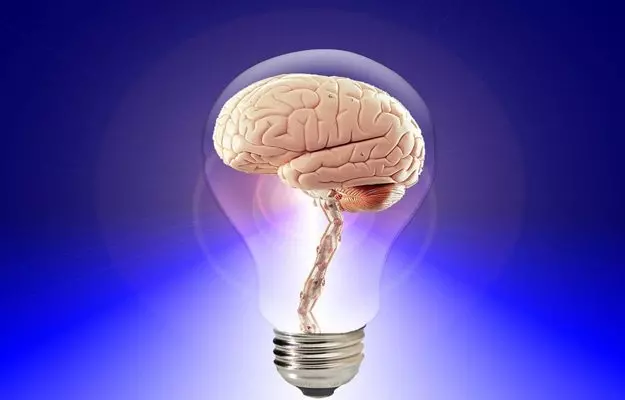Brain is one of the most complex organs in the body. You may find it astounding that the average human utilizes only ten per cent of his/her entire brain capacity. On a day-to-day basis, the working memory is utilized for various purposes. This includes the ability to process new information, and accordingly adapt our responses over short intervals of time. Our brain is always processing information in some way or the other, even when one is asleep.
Degeneration of brain power and function is one of the prominent conditions affecting a majority of the population all over the world. It is thus, not only a benefit but also necessary to keep the functioning of the brain at optimum when there is still time so as to avoid such conditions in the future. This article discusses all the ways and means to help enhance the functioning capacity of the brain.
(Read more: Ways to improve memory)






















